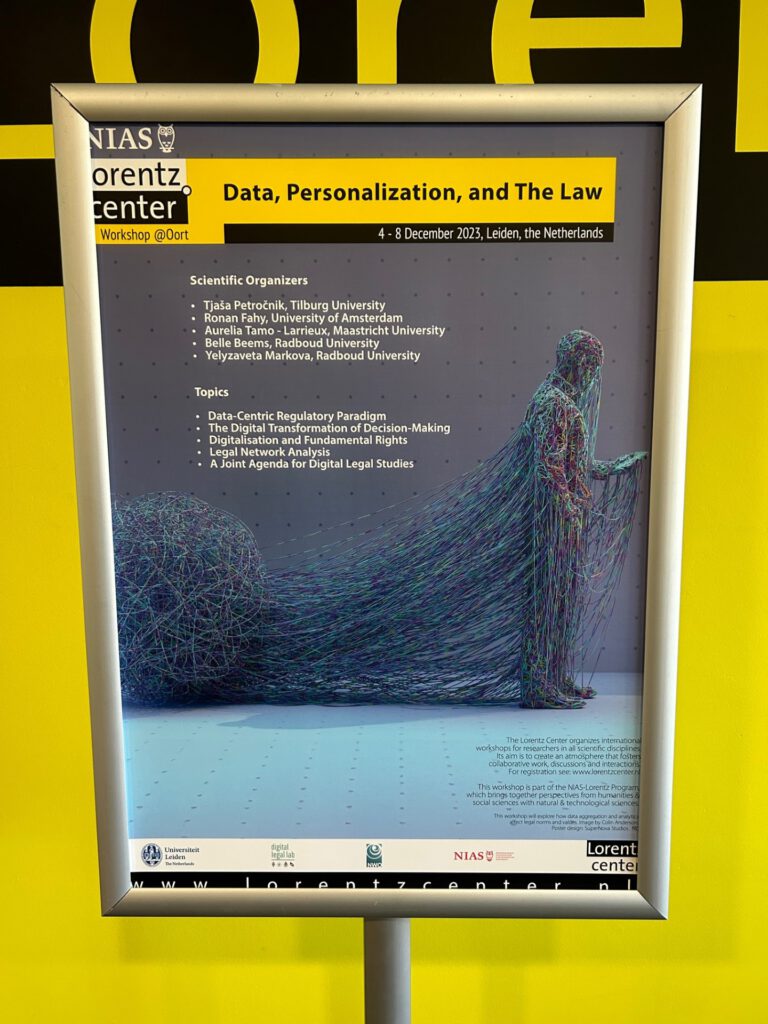Winter school "data, personalization, and the law 2023"
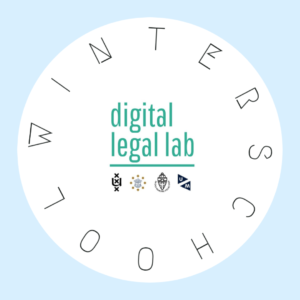
Winter school “Data, personalization, and the law” successfully completed!
From 4 to 8 December 2023, Digital Legal Lab’s winter school “Data, personalization, and the law 2023” took place at the Lorentz Center in Leiden, the Netherlands. The overall goal of the winter school was to do a deep dive into digital technologies policy and regulation and to build a strong network of young scholars to further develop Digital Legal Studies, an emerging field of scholarship that aims to advance our understanding of how digital technologies interact with law and justice.
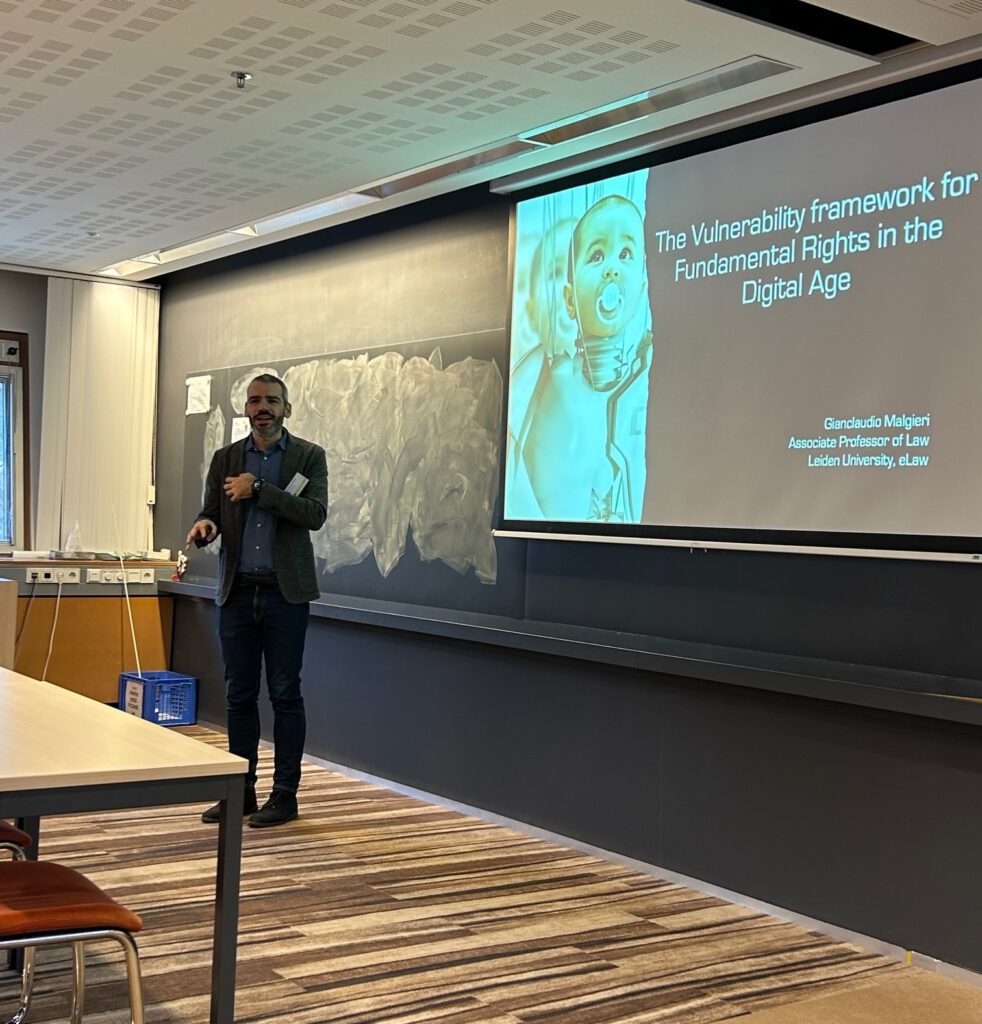
The week’s program was filled with lectures by and discussions with leading experts in their respective fields, including Digital Legal Lab’s own researchers, to explore topics related to how digital technologies like algorithms, big data analytics, personalization, and automated decision-making affect individuals, markets, and society, and how regulatory regimes are catching up with the technological changes.
We kicked off the winter school on day 1 with a keynote by Dr Gianclaudio Malgieri, who proposed a vulnerability framework for fundamental rights in the digital age.
Led by Tilburg University, the following sessions then discussed data-centric regulatory paradigm, assessing how the regulatory frameworks are shifting from the more conventional approaches of regulating human behavior to regulating the data itself. Prof Linnet Taylor examined data justice in the context of fairness, power, and legitimacy, whereas Sascha van Schendel addressed the challenges of data-driven policy from the procedural law perspective. To conclude the first day, Dr Inge Graef led a discussion on data-related harms that span legal disciplines and regimes.
Day 2 then delved into the normative implications of the digital transformation of decision-making. The program was organized by the University of Amsterdam, and began with a lively interactive session on the role of online platforms as (privacy) regulators, with Prof Joris van Hoboken and Dr Ronan Fahy. After coffee, Prof Natali Helberger led a session on generative AI, the realization of fundamental rights and public values, all in the context of the finalization of the EU AI Act. The final session on data governance regulation at the EU level was led by Prof Mireille van Eechoud, Dr Heleen Janssen, and Dr Paddy Leerssen, and delved into the crucial topic of academic access to data.
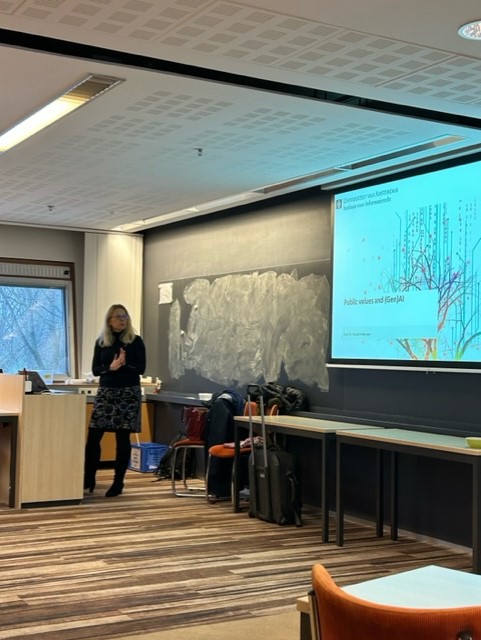
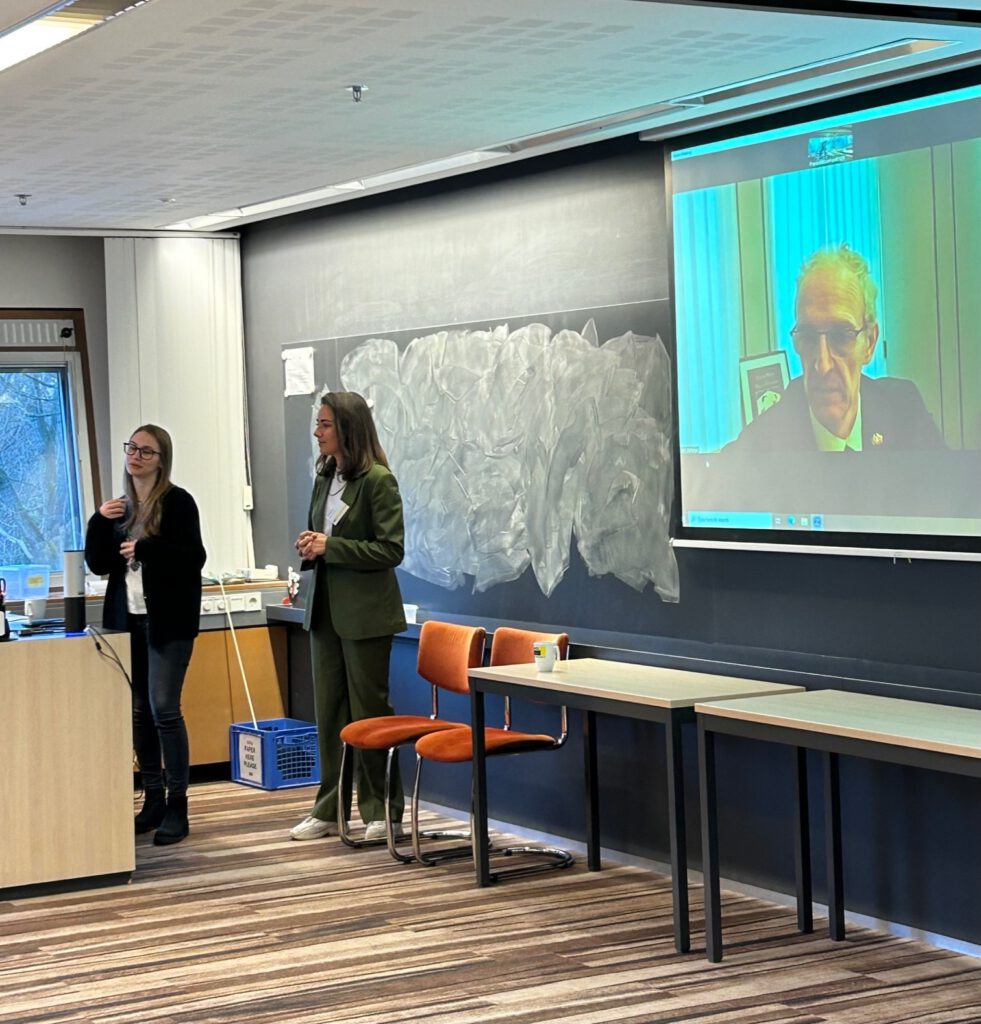
On day 3, organized by the Radboud University, the impact of digitalization on fundamental rights and values was the central theme. First, we had a pleasure to be addressed by Ivan Štefanec, Member of the European Parliament, who elaborated on the necessity of an appropriate regulatory framework to guide the digital transformation.
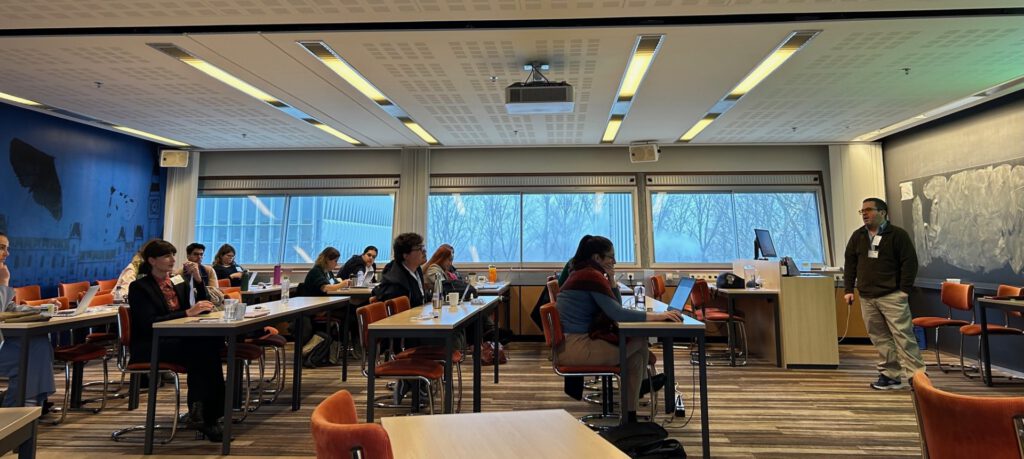
After the keynote speech, Prof Pietro Ortolani shared his insights on digital dispute resolution, and gave a procedural perspective on the DSA. The afternoon also offered some insights from practice: Dr Tim Walree shared his views on how it is to work both in legal academia and in legal practice, whereas Lotje Beek offered an advocacy perspective on regulating disinformation. Both speakers offered the participants a broader perspective and provided insights in the relevance of digital legal studies beyond academia. Prof Frederik Zuiderveen Borgesius closed the day with a thought-provoking talk on digital discrimination and differentiation.
Day 4, led by Maastricht University, showcased how we can use data analytics technology in a meaningful way to make sense of legal data and processes. Essentially, while current legal analysis mainly relies on (often limited) human analysis, Prof Gijs van Dijck and Dr Gustavo Arosemena introduced how to use software to analyze large amounts of case law or decisions in a short amount of time to discover patterns or features that might not come up otherwise. This falls within the domain of legal network analysis, which can add a valuable contribution to digital legal studies as it enables the examination of complex relationships and connections within legal documents (e.g., court decisions, citation networks) and facilitates a nuanced understanding of how laws, regulations, and precedents interact in the digital realm. Through workshops we learned how to use Gephi to illustrate legal data and critically think and discuss how these visualizations can be used to answer important research questions.
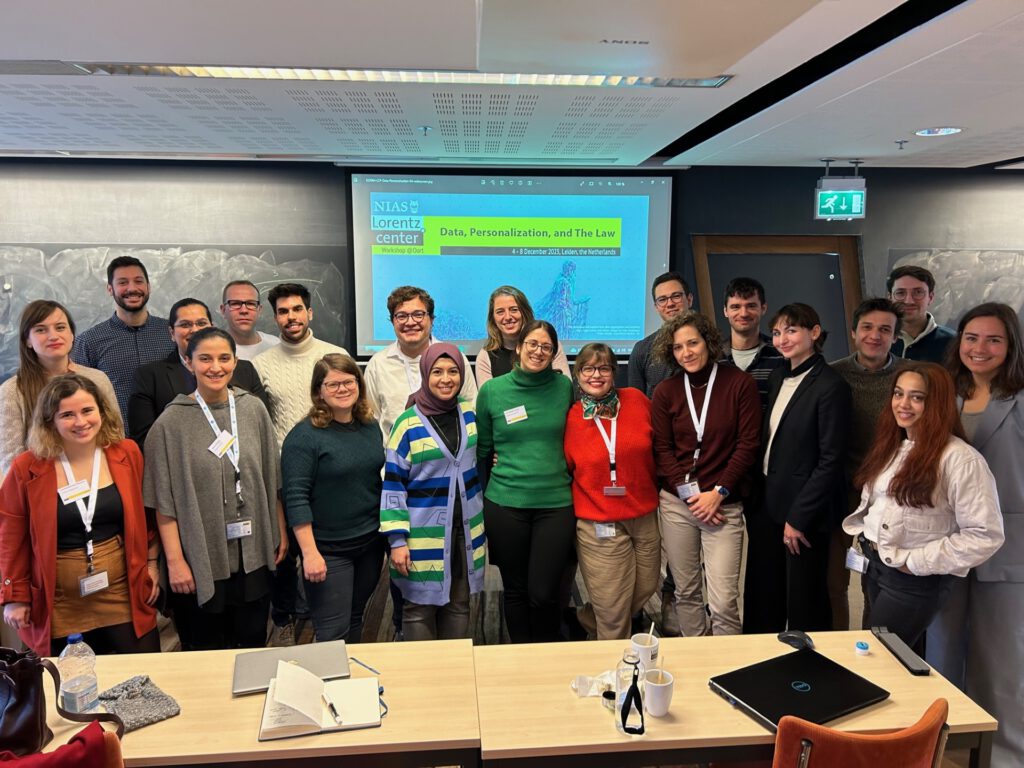
Finally, day 5 was dedicated to finding the common themes and challenges in the participants’ own research projects and the topics discussed throughout the week, in order to outline a future research agenda for the Digital Legal Studies.
In total, 40 participants shared their research insights and experience in the course of the week. We look back at a very successful event; thanks to the knowledge and enthusiasm of the speakers, and the active and engaging attitude of the participants, we were able to have a meaningful and in-depth conversation on the pressing issues relating to the (regulation of the) digital economy and society.
Acknowledgements: The scientific organizers of the winter school were Tjaša Petročnik, Tilburg University; Dr Ronan Fahy, University of Amsterdam; Dr Aurelia Tamo – Larrieux, Maastricht University; Belle Beems, Radboud University; and Yelyzaveta Markova, Radboud University.
The organization of the winter school was possible thanks to the funding provided by the Digital Legal Lab and the financial and logistical support we received from the Lorentz Center, for which we are very grateful.
Outcomes of the winter School
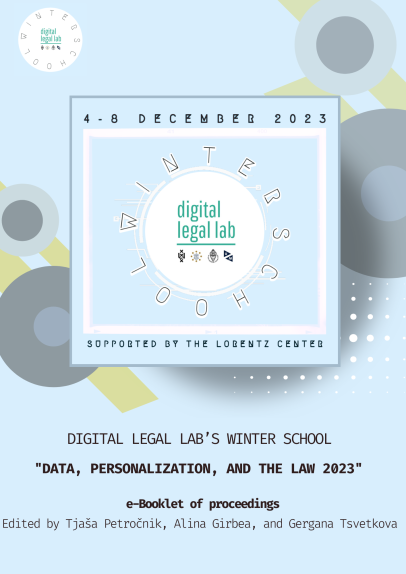
You can find the outcomes of the Winter School by reading the e-booklet and the joint research agenda.
